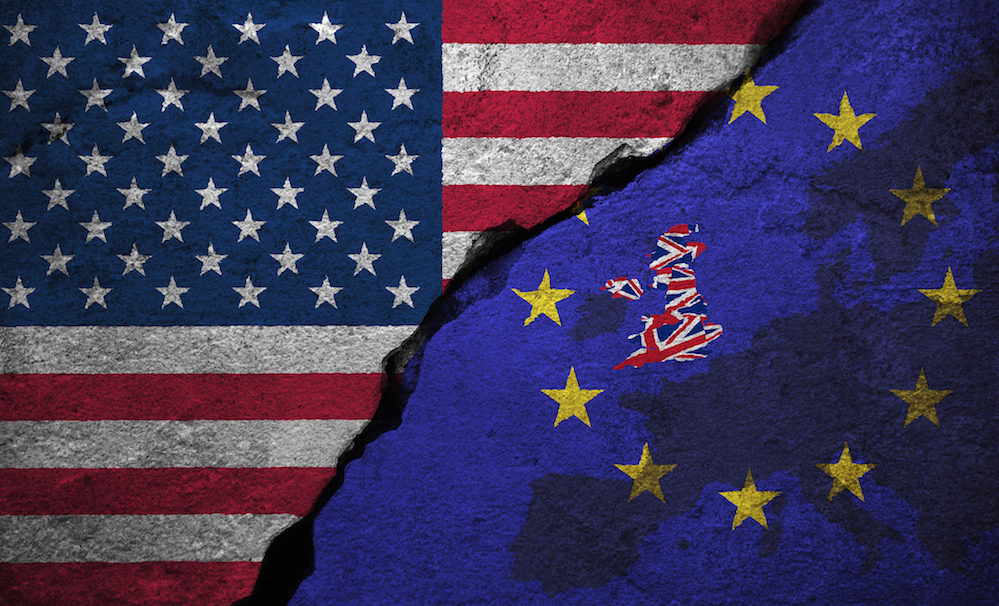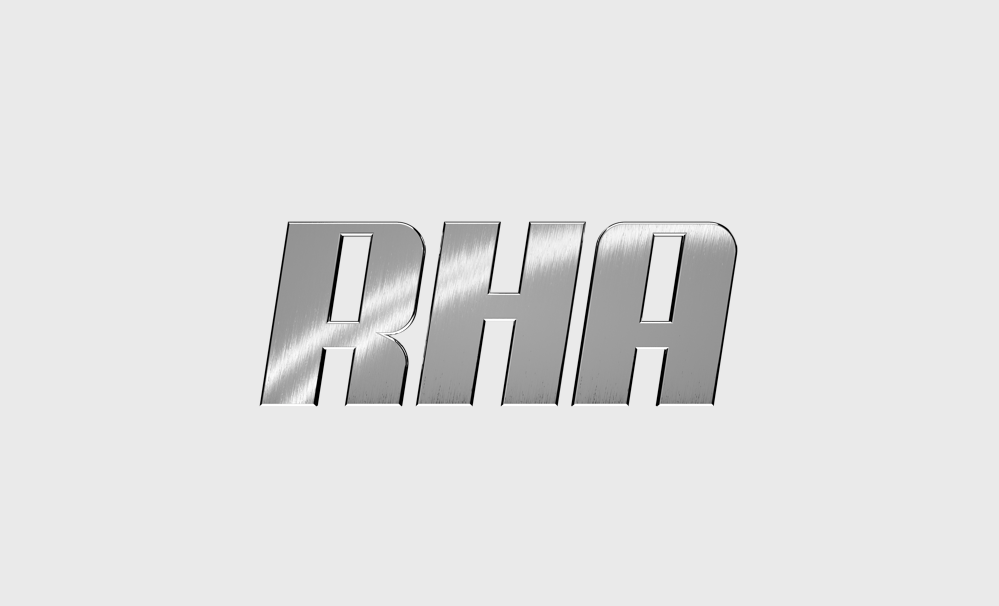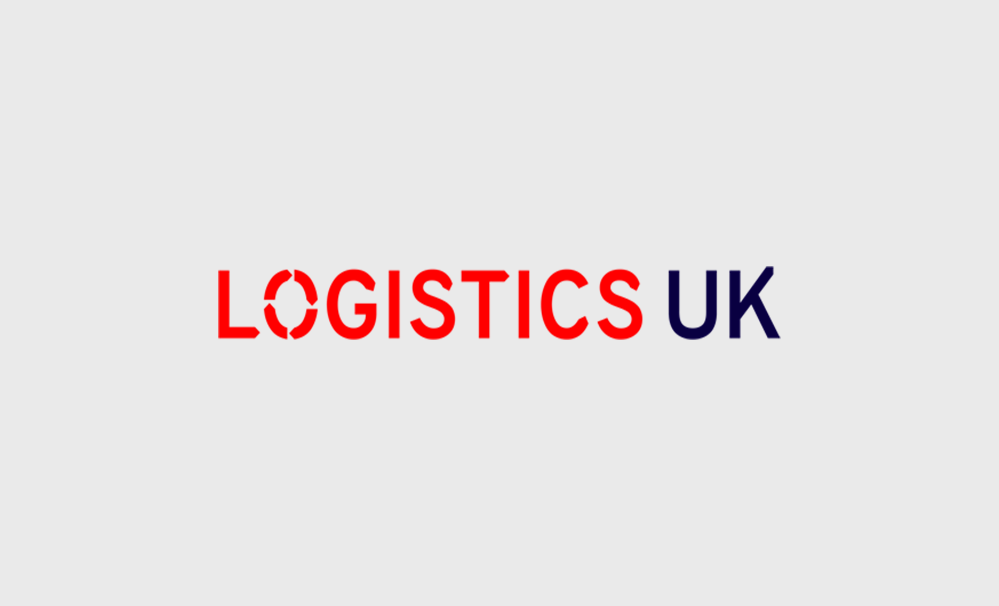The decision by the US Government to impose a 220% tariff on the Bombardier C series jet, whose wings are produced in Northern Ireland, points the way to a series of ‘tactical tariffs’ being imposed on the UK post-Brexit, warns global shipping company Fastlane International.
Despite Prime Minister Theresa May’s personal plea to US President Donald Trump, the US Department of Commerce has ruled that Bombardier has received ‘unfair state subsidies’ from the UK and Canada and imposed a swingeing 219.63% tariff. But this is only a pointer of things to come, warns Fastlane’s Head of Consumer Research, David Jinks MILT.
Says David: ‘Once Britain is outside the European Union (EU) it will very likely fall outside long-standing trade agreements with the rest of the world, and will not have the huge clout that the EU has when it comes to fighting new tariffs. In the brave new world of Brexit, the US has been held up as a great opportunity for a trade deal opening up untapped new markets. In reality, the US under Trump has become increasingly isolationist and protectionist. Excuses about state subsidies on other UK products could see more new tariffs, not just from the US but globally.’
Cautions David: ‘This eye-watering new tariff is being imposed because US manufacturer Boeing complained about Bombardier. When the UK goes it alone and General Motor’s Cadillac complains about British Jaguar imports, or Harley Davison about Triumph bikes, who is to say what the result might be?’
David explains: ‘If Britain can’t strike a good Brexit deal and falls outside the Single Market it faces tough new EU tariffs simply shipping its goods into Europe. And now we must be wary of surprise tariffs from other nations, which the UK will have a hard job fighting in its own.’
Adds David: ‘We’ve seen from this ruling that we can’t rely on the US to drop tariffs. In fact, the USA is the most protectionist nation according to figures from Credit Suisse. And we can’t rely on turning to the BRICS nations either, as many Brexiteers have proposed: India imposes the second highest amount of protectionist measures; Russia third; Brazil fourth and China fifth. If the UK falls outside an EU-India agreement, for example, it will face tariffs of up to 125% on British-made cars sold into India.’
Concludes David: ‘This US Department of Commerce ruling could be the tip of a tariff iceberg facing British-made products if they threaten the domestic markets of many overseas manufacturers, without the clout of the EU behind us.’







